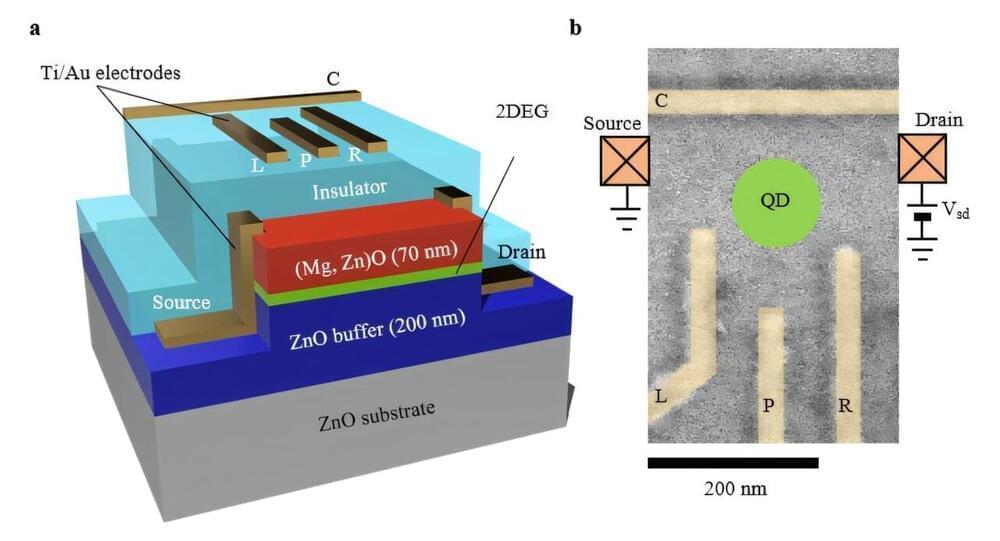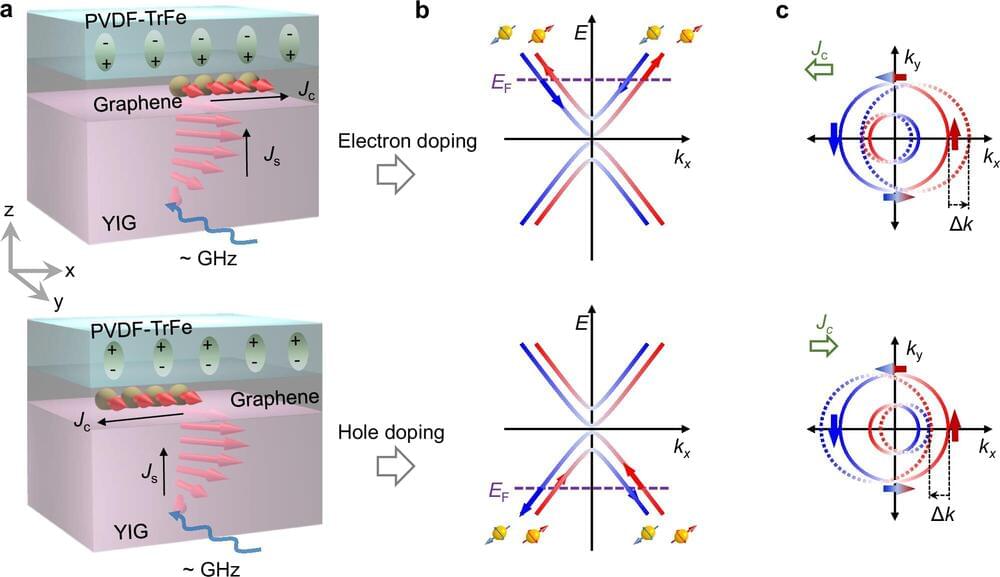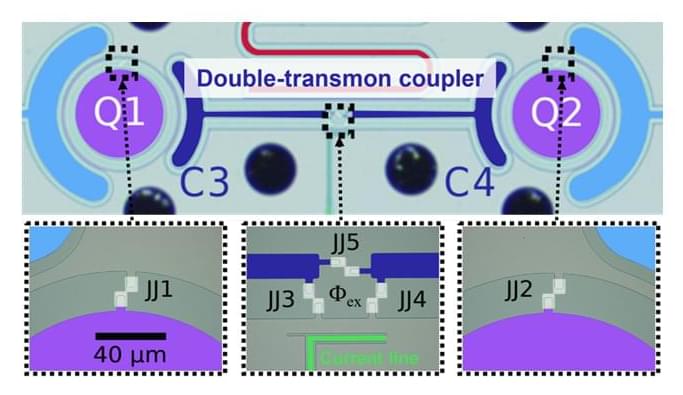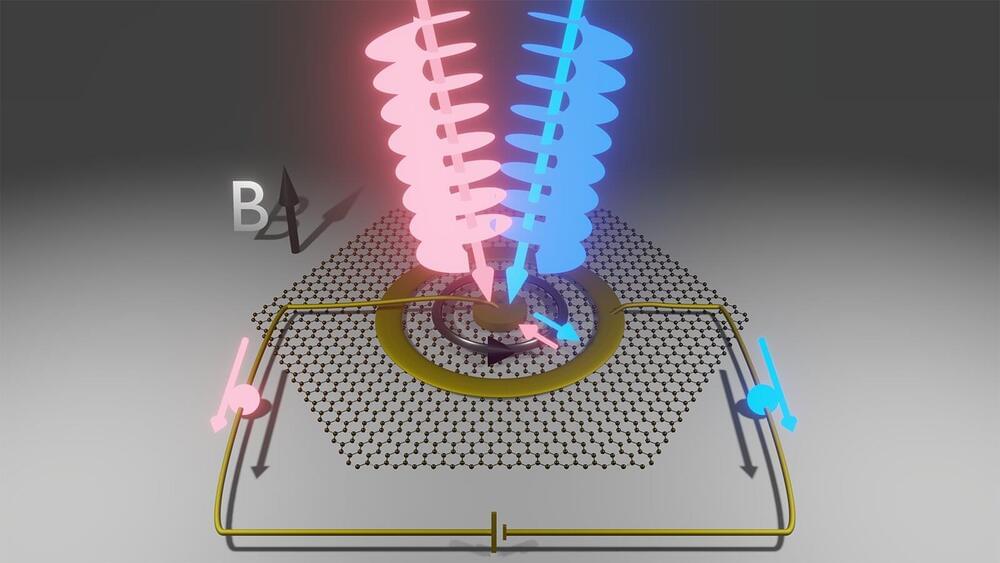Integrated Information Theory (IIT) offers an explanation for the nature and source of consciousness. Initially proposed by Giulio Tononi in 2004, it claims that consciousness is identical to a certain kind of information, the realization of which requires physical, not merely functional, integration, and which can be measured mathematically according to the phi metric.
The theory attempts a balance between two different sets of convictions. On the one hand, it strives to preserve the Cartesian intuitions that experience is immediate, direct, and unified. This, according to IIT’s proponents and its methodology, rules out accounts of consciousness such as functionalism that explain experience as a system operating in a certain way, as well as ruling out any eliminativist theories that deny the existence of consciousness. On the other hand, IIT takes neuroscientific descriptions of the brain as a starting point for understanding what must be true of a physical system in order for it to be conscious. (Most of IIT’s developers and main proponents are neuroscientists.) IIT’s methodology involves characterizing the fundamentally subjective nature of consciousness and positing the physical attributes necessary for a system to realize it.
In short, according to IIT, consciousness requires a grouping of elements within a system that have physical cause-effect power upon one another. This in turn implies that only reentrant architecture consisting of feedback loops, whether neural or computational, will realize consciousness. Such groupings make a difference to themselves, not just to outside observers. This constitutes integrated information. Of the various groupings within a system that possess such causal power, one will do so maximally. This local maximum of integrated information is identical to consciousness.






